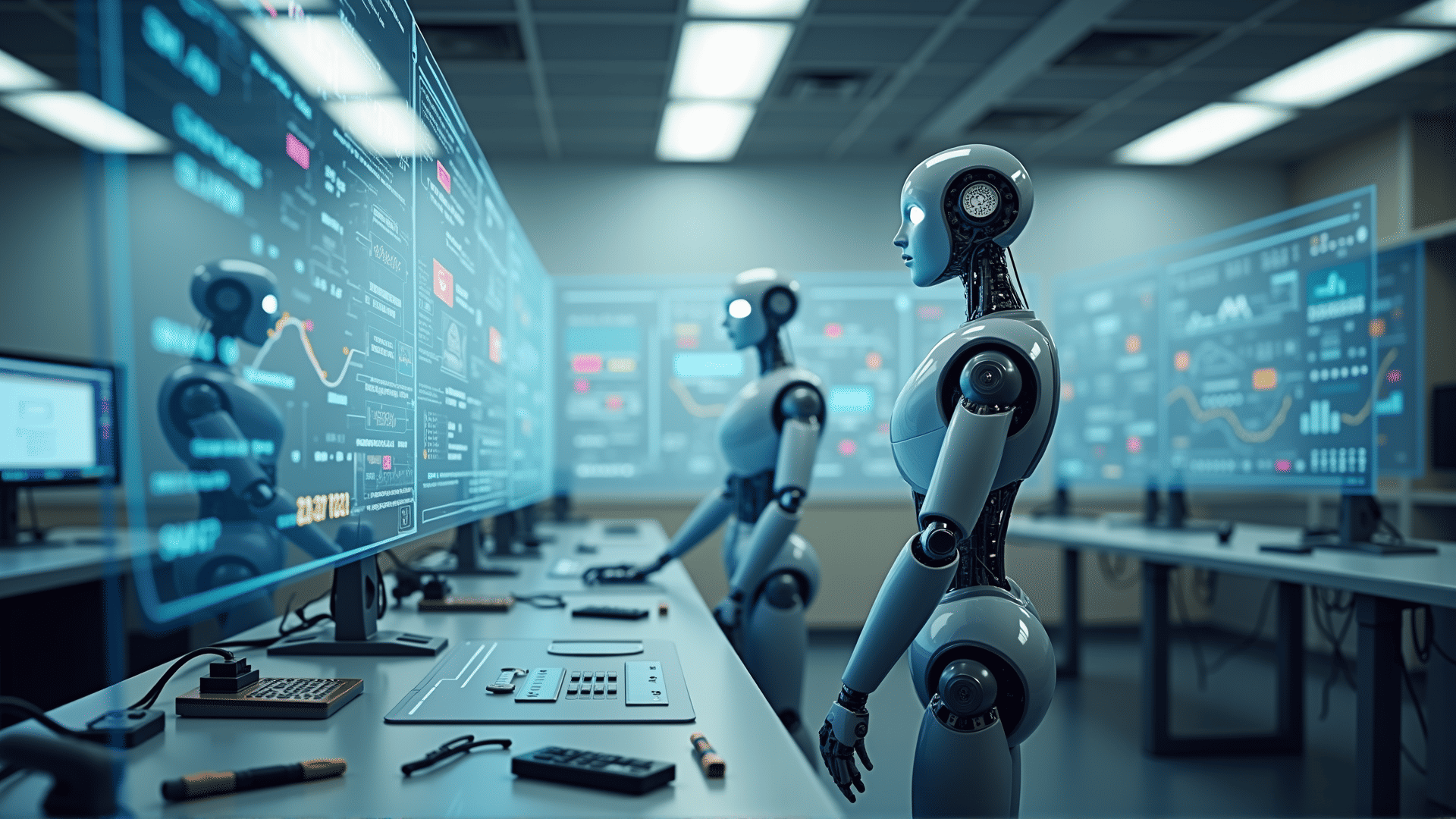The fusion of artificial intelligence and robotics is catalyzing a transformative era in technology, paving the way for innovative solutions and tackling intricate problems across diverse domains. This synergy leverages the computational prowess of AI and the mechanical efficiency of robotics, offering profound advancements in areas such as healthcare, agriculture, manufacturing, and transportation.
In healthcare, AI-powered robots are revolutionizing surgical procedures, precision in diagnosis, and patient care. These robots can handle delicate and high-precision tasks, ensuring better outcomes and reducing human error. Moreover, AI algorithms analyze vast amounts of medical data to assist in identifying patterns that might elude human practitioners, aiding in early and more accurate disease detection.
In the agricultural sector, the combination of AI and robotics is addressing challenges related to food security and sustainable practices. Autonomous robots equipped with AI systems are utilized for tasks such as planting, weeding, and harvesting. These robots enhance efficiency by operating around the clock and using resources precisely, thus promoting sustainable farming practices.
Manufacturing processes have become increasingly sophisticated due to AI-driven robots, which excel in repetitive tasks and quality control. These robots optimize production lines by performing tasks swiftly and with consistent precision. AI enhances these capabilities by predicting maintenance needs, thus minimizing downtime and elevating productivity.
Transportation is yet another field being reshaped by the partnership between AI and robotics. Self-driving vehicles, powered by AI, promise safer roads and enhanced mobility. These intelligent systems continually learn from their environment, improving navigation and decision-making in complex traffic scenarios.
Furthermore, AI-powered robotics is contributing to environmental conservation efforts. Robots can monitor ecosystems, assess environmental health, and address issues such as pollution through precise interventions. This capability is vital for preserving biodiversity and ensuring the health of our planet.
Beyond individual sectors, the ethics of AI and robotics deployment warrant thoughtful consideration. The interplay between human workers and intelligent robots prompts a reevaluation of workforce dynamics, creating a need for skill development and adaptation. Ensuring that these technologies are deployed ethically and inclusively is crucial for maximizing their societal benefits.
In conclusion, the convergence of artificial intelligence and robotics is driving significant progress and presenting unprecedented opportunities across various fields. By continuing to harness and develop this synergy, society stands to benefit immensely, solving complex problems and paving the way for a more efficient and sustainable future.
